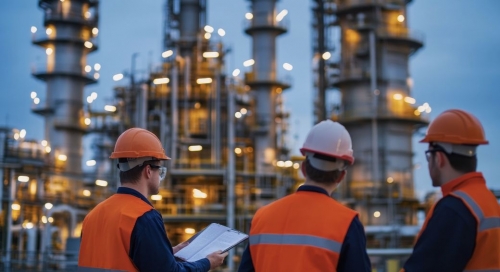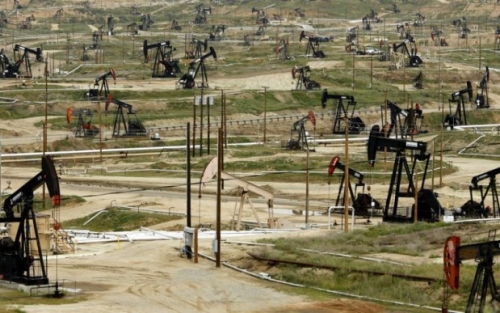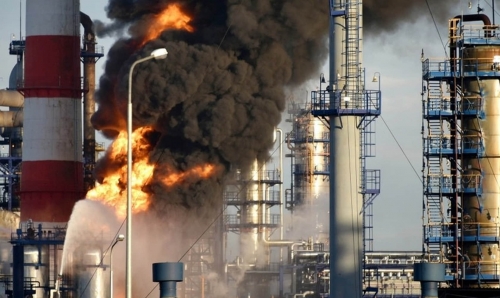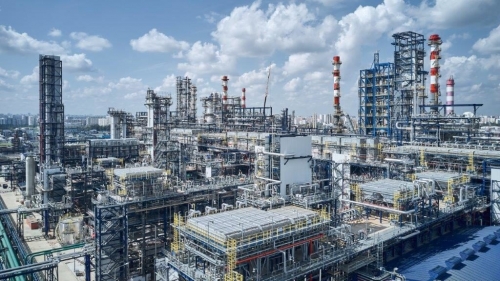Royal Dutch Shell has signed a framework agreement with Qatar Petroleum on LNG bunkering, according to a statement on June 14.
The super-major’s deal comes despite the recent political turmoil around Qatar’s relationship with Saudi Arabia and the United Arab Emirates. The agreement follows two earlier memoranda of understanding (MoUs) in 2016.
The deal was struck by Qatar Petroleum’s Wave LNG Solutions and Shell Gas & Power Developments. It focuses on the development of LNG infrastructure at strategic shipping locations around the world. The companies have said they will work on facilities in Europe, the Middle East and East Asia.
“We view LNG bunkering as a promising opportunity for LNG to further grow as a clean energy source,” said QP’s president and CEO, Saad Sherida Al-Kaabi. “LNG demand for bunkering is expected to increase significantly over the coming years and we believe there is real potential for such demand to reach up to 50 million [tpy] by 2030. Obviously, achieving this figure requires focused investments and the right partnership model, similar to the one we are establishing today.”
Shell CEO Ben van Beurden said the two companies were leading suppliers and that they had the “capability and experience to deliver LNG as a marine fuel to ship owners and operators who must meet tougher emissions regulations from 2020. We look forward to working with Qatar Petroleum to increase the availability of LNG as a fuel for transport.”
The statement noted the change coming in 2020, under which shippers face tighter NOx and SOx regulations. Sulphur emissions will be capped at 0.5% around the world by 2020.
An MoU was signed with Maersk Group in February 2016, focused on supplies from the Qatargas 4 project. A second MoU was signed with United Arab Shipping Co. (UASC) in April of that year. This was focused on bunkering in the Middle East and also involved feedstock from Qatargas 4.
Shell struck a deal in April this year, under which it agreed to supply LNG to four of Sovcomflot’s crude oil tankers, making these the first Aframax vessels to be fuelled by LNG. These will start sailing in the third quarter of 2018 and will operate in the Baltic Sea and Northern Europe.
Shell will refuel the vessels using a specialised LNG bunker vessel, which will take supplies from Rotterdam and a second, unnamed, port in the Baltics. The deal with Shell helps demonstrate that QP can continue doing business, despite the broader political worries. The company issued a statement on June 10 saying it had plans in place to mitigate any potential problems that might arise.
At the end of May, QP said it had signed a deal with Chiyoda to study debottlenecking at its LNG trains, in Ras Laffan. This would be needed, it said, to process additional volumes of gas from the planned North Field project. In April, the company had said it was going to develop a new 2 bcf (56.6 mcm) per day development.
The study should be completed by the end of the year, with front-end engineering and design (FEED) starting early in 2018.

%20(1).png)



